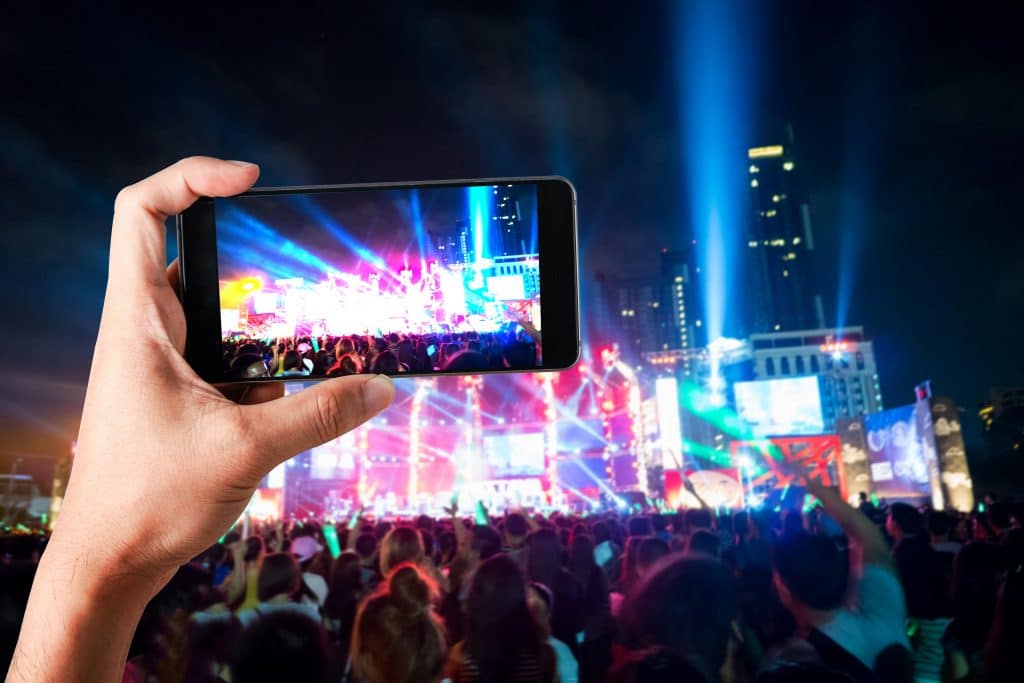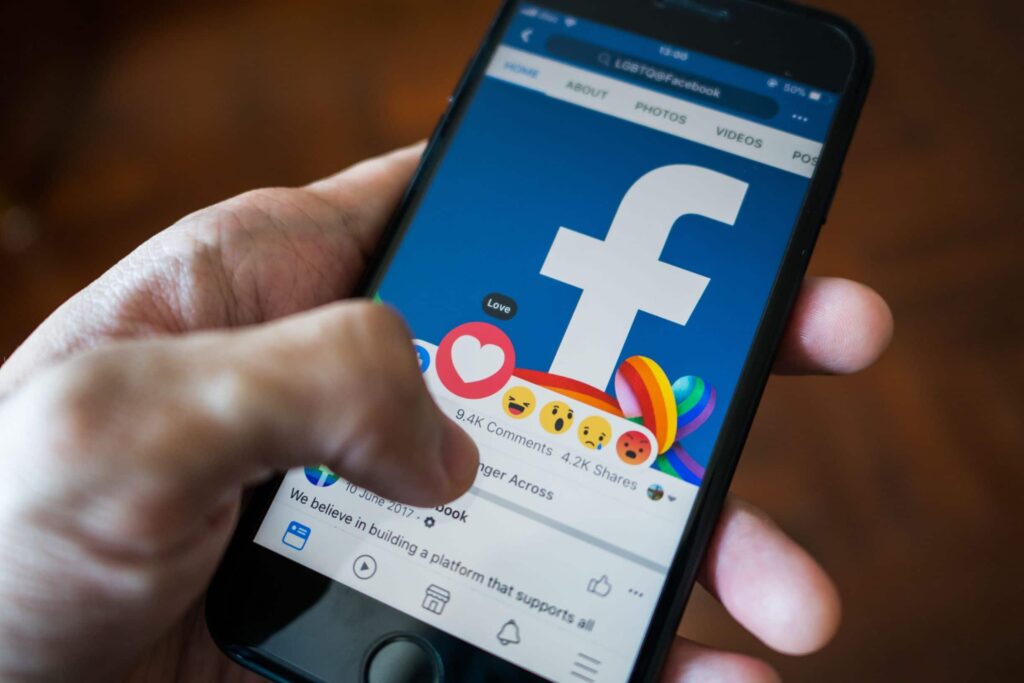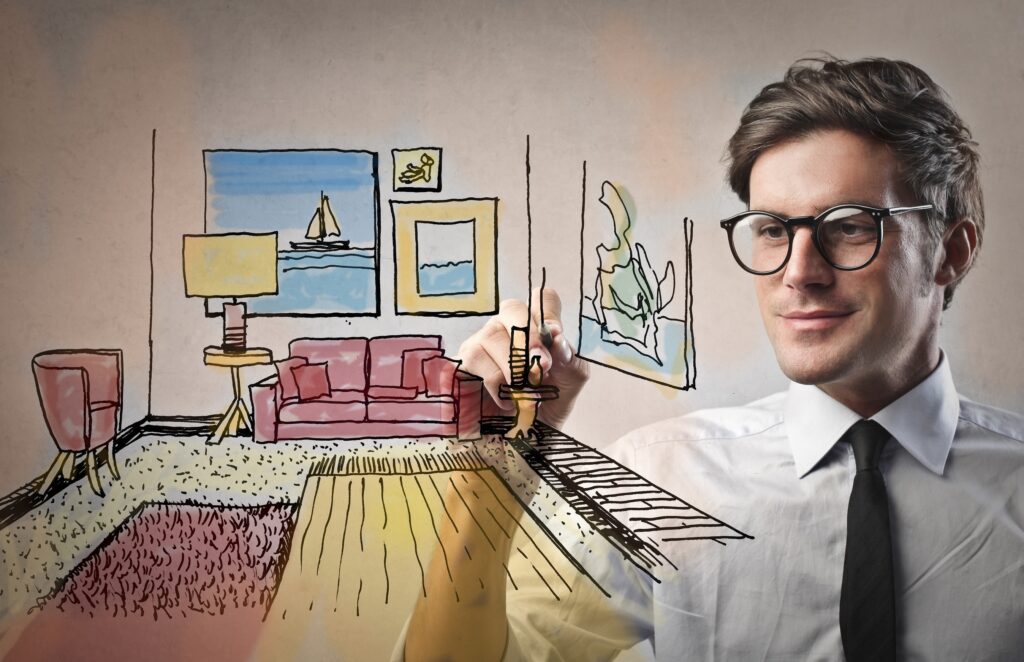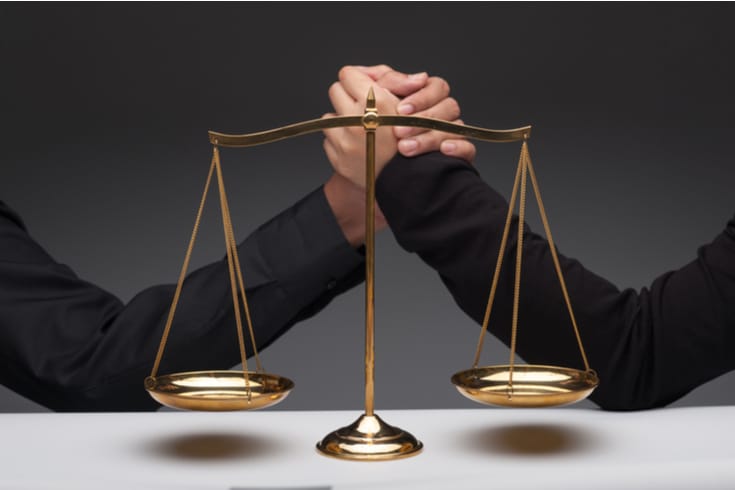Does Property Have Publicity Rights?

What are publicity rights, when do they arise, and when are they not recognized? We explain this in detail in a separate article.
https://monolith.law/reputation/publicityrights[ja]
Considering the economic value brought about by the customer appeal of names and portraits, it is possible to argue that there is no need to limit this appeal to people. If an object has customer appeal, it might be possible to argue that the owner of the object should be granted publicity rights. If you use the real names of baseball or soccer players in a video game without permission, it would be an infringement of publicity rights, just as it would be if you used their portraits. So, what happens if you use the name or portrait of a racehorse owned by a person in a video game?
The term “publicity rights” is not a legal term. It is a relatively new right that has been gradually clarified and recognized through court cases. The publicity rights of objects were also disputed in court over a video game that was produced using the name of a racehorse without the owner’s permission.
The Gallop Racer Case (Nagoya District Court, January 2000 (Gregorian calendar year))
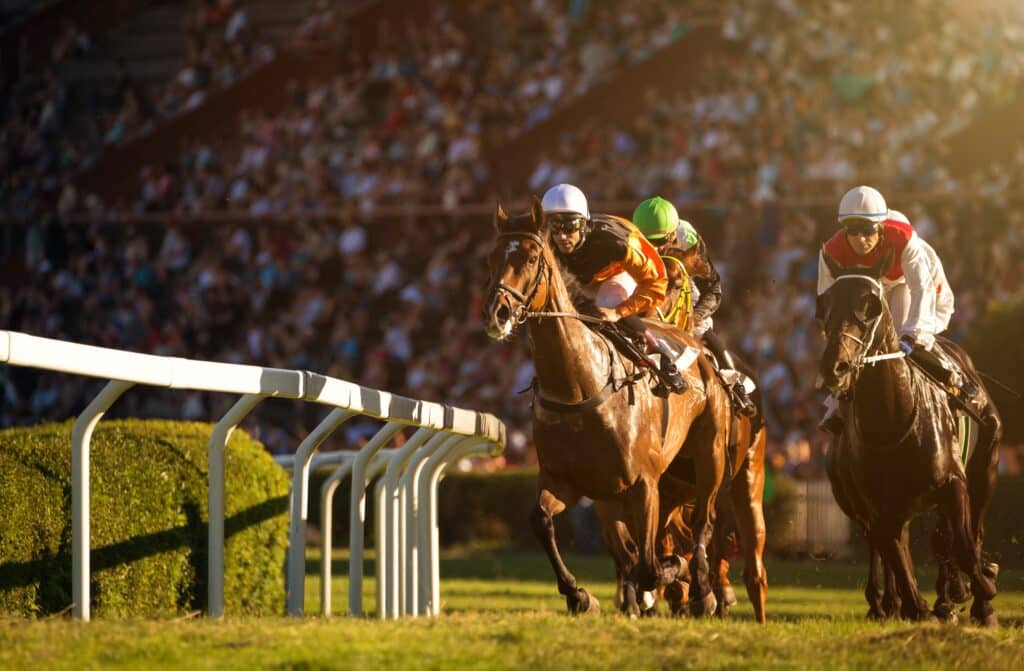
Twenty-two racehorse owners sued the manufacturer and seller of the video game “Gallop Racer,” which used the names of their racehorses, based on publicity rights. They demanded a ban on sales and compensation for damages due to illegal activities. In this game, players become jockeys, ride racehorses of their choice (including G1, G2, and G3 horses from the Japanese Central Horse Racing Association that participate in major races), and race on screens that replicate actual racetracks.
The Nagoya District Court stated,
“Even for the names of ‘objects’ that are not ‘celebrities,’ there may be cases where the value of publicity is recognized, and it cannot be said that there is no room to recognize publicity rights for ‘objects.’ Furthermore, the publicity rights recognized for celebrities are understood as economic values independent of personal rights such as privacy rights and portrait rights, so there is no reason to limit the things with publicity value to ‘celebrities’ with personal rights.”
The value of publicity that such names of objects have can be derived from the fame, social evaluation, and recognition of the object, so it should be protected as a property benefit or right belonging to the owner of the object (as mentioned later, when the object disappears, the person who owned it becomes the right holder.).”
Nagoya District Court, January 19, 2000 (Gregorian calendar year) Judgment
Thus, the court recognized the publicity rights of objects.
Furthermore, considering that “the publicity rights of objects are nothing more than the right to acquire economic value, at this stage, it is not possible to recognize an injunction based on the publicity rights of objects,” but “however, even for the publicity rights of objects, it is recognized as a right or legally protected interest for damages based on illegal acts, so compensation for damages can be recognized.” Therefore, the court ordered the manufacturer and seller to pay compensation ranging from 41,412 yen to 608,420 yen to the owners of the twenty racehorses that had participated in the G1 race.
The Gallop Racer Case (Nagoya High Court, March 2001 (Heisei 13))
The appellate court ruling, in relation to the defense against unauthorized use of horse names under the Japanese Trademark Law, supported the Nagoya District Court’s decision that recognized the right of publicity for objects. The court stated, “The protection of horse names registered as trademarks under the Trademark Law is limited to cases where the registered trademark is used for goods or services related to one’s own business. Therefore, to protect the economic benefits or value arising from the reputation, social evaluation, and recognition of racehorses owned by horse owners, it is not sufficient to rely solely on the protection provided by the Trademark Law. It is appropriate to recognize and protect the right of publicity for objects under certain conditions.” However, the court limited the recognition of the right of publicity to racehorses that have won G1 races.
Regarding the request for an injunction against sales, the court did not recognize it, similar to the first instance at the Nagoya District Court. The court stated:
“The right of publicity for celebrities, which is closely related to the personality rights of the celebrities, including their right to privacy and right to likeness, is recognized for injunction requests based on this right of publicity. However, the right of publicity for objects is not related to the personality rights of the object’s owner, but to the economic benefits associated with the object’s customer appeal. Therefore, it cannot be treated in the same way as the right of publicity for celebrities.”
Nagoya High Court, March 8, 2001 (Heisei 13) Judgment
Thus, the court did not recognize it, just like the first instance at the Nagoya District Court.
The Derby Stallion Case (Tokyo District Court, August 2001 (Heisei 13))

Twenty-three racehorse owners sued the producers and sellers of the racehorse breeding simulation game “Derby Stallion” (four versions in total), which used the names of their racehorses. They sought to prohibit sales based on the right of publicity and demanded compensation for damages based on tort. The Tokyo District Court stated, “This court cannot affirm the existence of the ‘property right to exclusively control the economic value of an object, such as its customer appeal,’ which the plaintiffs claim,” and denied the right of publicity to objects.
The Tokyo District Court stated:
1: To recognize an exclusive right, a basis in positive law (including those without explicit provisions, such as personality rights) is necessary. However, it is impossible to justify the ‘right to exclusively control the economic value of an object’ that the plaintiffs claim by expansively understanding the operation of ownership rights and personality rights, which have traditionally been recognized as exclusive rights.
2: As stated above, to recognize an exclusive right, a basis in positive law is necessary. Considering the overall purpose of the current law that established the intellectual property rights system, it is impossible to recognize the existence of an exclusive right in areas not covered by the protection of intellectual property law. Even if we adopt the view that the existence of an exclusive right can be recognized without an explicit legal basis if a social custom of respecting the ‘interest in exclusively controlling the economic value of an object’ continues for a long time and is elevated to customary law, it is impossible to affirm the exclusive right that the plaintiffs claim.
Tokyo District Court, August 27, 2001 (Heisei 13) Judgment
Regarding point 1, the court further stated, “Such an exclusive power is only recognized when it is evaluated that the personality rights that a natural person originally possesses have been violated. Unlike this, even if a third party uses someone else’s property, it does not immediately violate the property owner’s personality rights. Therefore, it is impossible to justify the exclusive power that the plaintiffs claim based on personality rights.” Regarding point 2, the court further stated, “The exclusive rights granted by intellectual property-related laws should be understood as setting the limits of exclusive protection for the right holder and as setting the limits of the legality of actions for third parties. Therefore, if a third party acts in a manner not included in the scope of the exclusive rights defined by intellectual property-related laws, it should be considered a lawful act.”
The Derby Stallion Case (Tokyo High Court, September 2002 (Heisei 14))
The plaintiffs, who were not granted a prohibition of sales and compensation for damages based on tort in the first instance, appealed. However, the Tokyo High Court dismissed the appeal.
The Tokyo High Court stated,
“It is generally well known that using a celebrity’s name and likeness in product advertising or attaching it to the product itself has an effect on promoting the product’s advertising and sales. Such names and likenesses of celebrities, as personal identification information symbolizing the respective celebrities, have their own customer appeal and possess an independent economic benefit or value, which distinguishes them from ordinary people. Natural persons, even if they are ordinary people, should have the right not to have their names and likenesses used by third parties without a legitimate reason, based on their personality rights. Therefore, it is only natural, in a sense, that celebrities, who are different from ordinary people and whose names and likenesses generate customer appeal, have the right to exclusively control the economic benefits or value arising from these names and likenesses. This right of celebrities can be referred to as the ‘right of publicity,’ but this right should be considered as rooted in personality rights.”
Tokyo High Court, September 12, 2002 (Heisei 14) Judgment
and stated that “the right of publicity is rooted in personality rights,”
“Since the right of publicity of a celebrity should be understood as rooted in personality rights as mentioned above, it is clear that we cannot recognize the right of name, right of likeness, or the right of publicity as rooted in personality rights for a thing such as a racehorse.”
Ibid.
was the conclusion.
The Gallop Racer Case (Supreme Court, February 2004 (Heisei 16))
As mentioned above, the judgments for the “Gallop Racer” and “Derby Stallion” cases were different. In the appeal of the “Gallop Racer” case, the Supreme Court overturned the original judgment, dismissed the plaintiffs’ claims, and denied the publicity rights of the object.
The Supreme Court, following the precedent set by the Supreme Court in the case of “Kao Maqin’s Self-Written Jianzhong Gaoshen Tie,” which we introduced in another article on our site titled “Is it permissible to take pictures of other people’s property and publish them without permission?”, stated, “The plaintiffs in the first instance own or owned the racehorses in question. However, the ownership of objects such as racehorses is limited to the exclusive control over the tangible aspects of the object, and does not extend to the direct exclusive control over the intangible aspects such as the name of the object. Therefore, even if a third party uses the economic value of the intangible aspects of the racehorse, such as the customer-attracting power of the racehorse’s name, without infringing on the owner’s exclusive control over the tangible aspects of the racehorse, such use does not infringe on the ownership of the racehorse.”
https://monolith.law/reputation/photographing-others-property[ja]
The Supreme Court stated,
“Even if the name of a racehorse has customer-attracting power, it is not appropriate to grant the owner of the racehorse exclusive rights to use the name, which is a form of use of the intangible aspect of the object, without any legal basis. Furthermore, at this point in time, when the scope and manner of actions deemed illegal are not clearly defined by law, it is not possible to affirm the illegality of unauthorized use of the name of a racehorse. Therefore, in this case, it is not possible to affirm the establishment of an injunction or tort.”
Supreme Court, February 13, 2004 (Heisei 16)
The court denied the establishment of both an injunction and a tort. In addition, although the owners of the racehorses had filed an appeal and a petition for acceptance of the appeal against the Tokyo High Court’s judgment in the “Derby Stallion” case, these were also dismissed and rejected on the same day.
Summary
The precedent denies the recognition of publicity rights for objects in the same way as it does for celebrities and athletes. It also states that, in principle, no tort is established for the use of objects as intangible things. It is safe to say that a conclusion has been reached regarding the publicity rights of objects.
Category: Internet

